
If you’re just beginning the home education journey with an older student, you might wonder: What about phonics? I’m not at all sure that my child has had a good grounding in phonics. Should I go back and fill in the missing information?
That depends.
If your child is younger than fourth grade, we’d suggest going back through a good (simple) basic phonics program, such as or Reading Pathways. Young readers, particular if they are very verbal and come from families where they’ve often been read to, can draw on a vast stock of stored language and can often guess successfully at written words by sounding out only the first letter combination. This often works well up through about third grade, when reading assignments are relatively simple and words can be guessed from context with good accuracy. Around fourth grade, however, the complexity and difficulty of reading tends to take a sharp leap upwards. Students who don’t have a good phonics foundation suddenly find themselves unable to guess successfully from beginning sounds and context—and previously willing readers become reluctant readers. This phenomenon is widespread enough to have its own name: “fourth grade slump.” Avoid fourth grade slump by going back through the principles of phonics now.
If your student is fourth grade or older, reads willingly at a reasonable speed, and doesn’t have unusual difficulty spelling, there’s no need to go back through a phonics program. A good spelling program, such as those recommended in The Well-Trained Mind, Fourth Edition, will actually cover the basics of phonics for these students. (Spelling is just phonics backwards: phonics teaches you to say a certain sound when you see a certain combination of letters; spelling teaches you to listen to a sound and explain what combination of letters produces it.)
But older students who read very slowly, dislike reading, or struggle with spelling can benefit from going back through a basic phonics programs. Slow and reluctant reading often points to a foundational lack: the student is guessing and recognizing, not decoding, and this is a frustrating, laborious process. Poor spelling often reflects missing phonics knowledge.
For more resources that can help you deal with reading and spelling difficulties, see our recommendations here.
Recommended Products
-
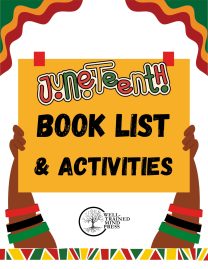
Juneteenth Booklist & Activities
0 out of 5$0.00 Add to cart -
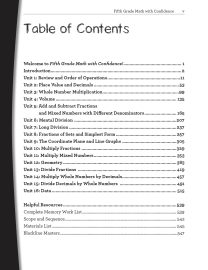
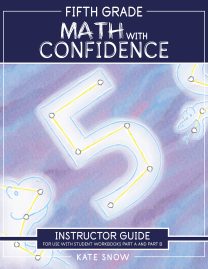
Fifth Grade Math with Confidence Instructor Guide
0 out of 5Starting at:$36.95Original price was: $36.95.$27.71Current price is: $27.71. Select options -
Sale!

Hansel & Gretel and Other Stories: Downloadable MP3
0 out of 5$12.95Original price was: $12.95.$9.71Current price is: $9.71. Add to cart -
Sale!

Dorothy and the Wizard in Oz: Downloadable MP3
0 out of 5$25.95Original price was: $25.95.$19.46Current price is: $19.46. Add to cart -
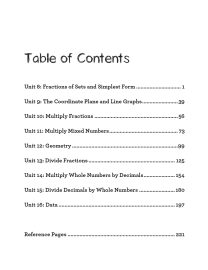 Sale!
Sale!
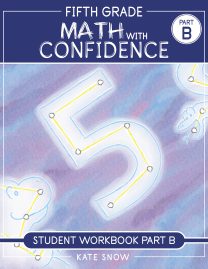
Fifth Grade Math with Confidence Student Workbook B
0 out of 5$16.46 – $21.56 Select options This product has multiple variants. The options may be chosen on the product page -
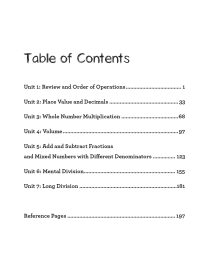 Sale!
Sale!
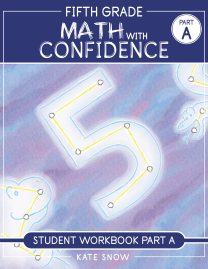
Fifth Grade Math with Confidence Student Workbook A
0 out of 5$16.46 – $21.56 Select options This product has multiple variants. The options may be chosen on the product page
ABOUT THE AUTHOR
Susan Wise Bauer
Join over 100,000 homeschooling families
For the latest offers, educational insights, products and more.
By joining you agree to our privacy policy.














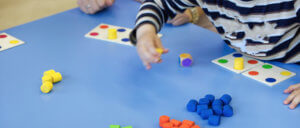



2 thoughts on “Do I Need to Go Back to Phonics?”
Hello,
I have used The Ordinary Parent’s…with all three of my children and many other elementary students to teach them to read. I am now the 5th-8th reading teacher at my school and have a 7th grader who desperately needs reading intervention (particularly with unfamiliar multi-syllable words). I have him four times a week for 50 minutes (along with his class) so I am looking for something that is scripted like TOPGTTR, but more focused on intervention for older readers. Do you have any suggestions?
Thank you very much!
You might try Phonics Pathways from Dorbooks. It’s not scripted but it’s quite easy to use and it’s suitable for older readers. https://www.dorbooks.com/